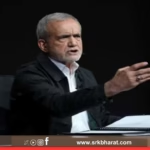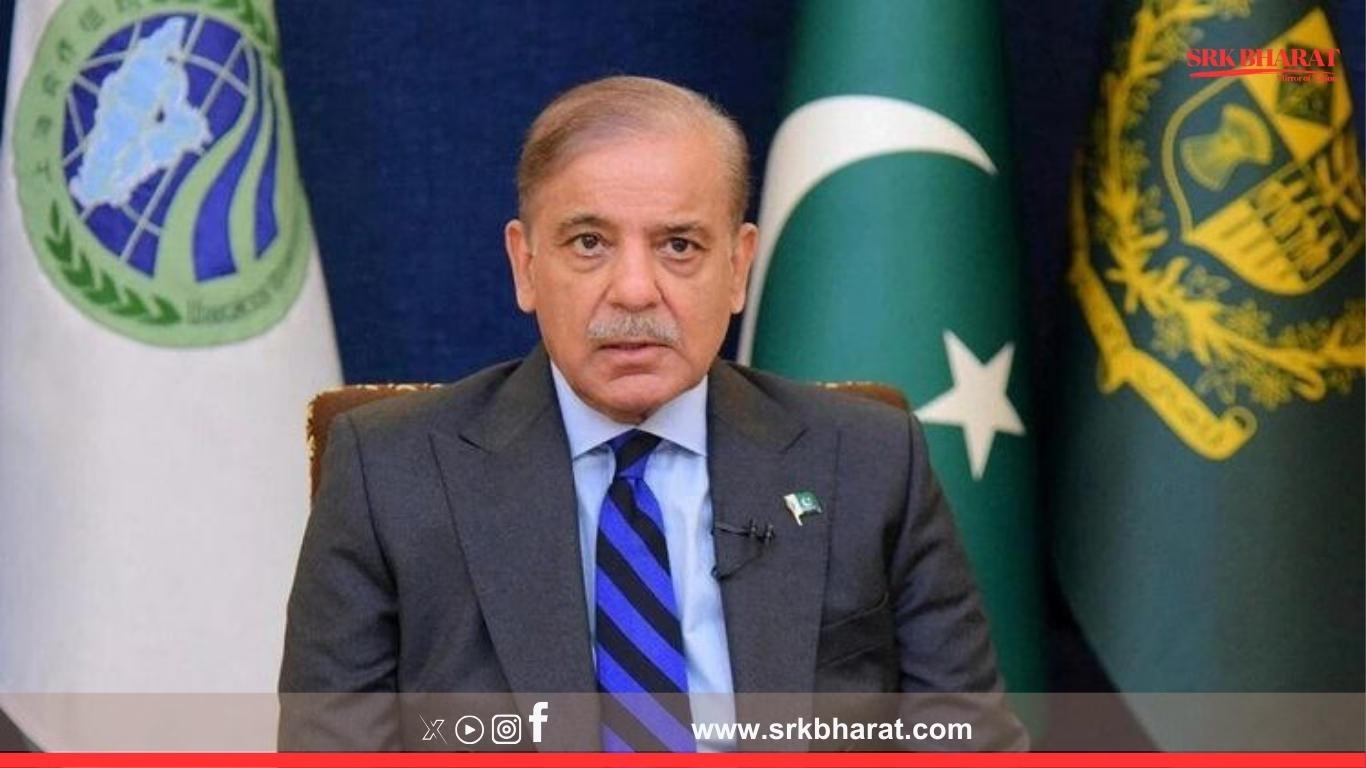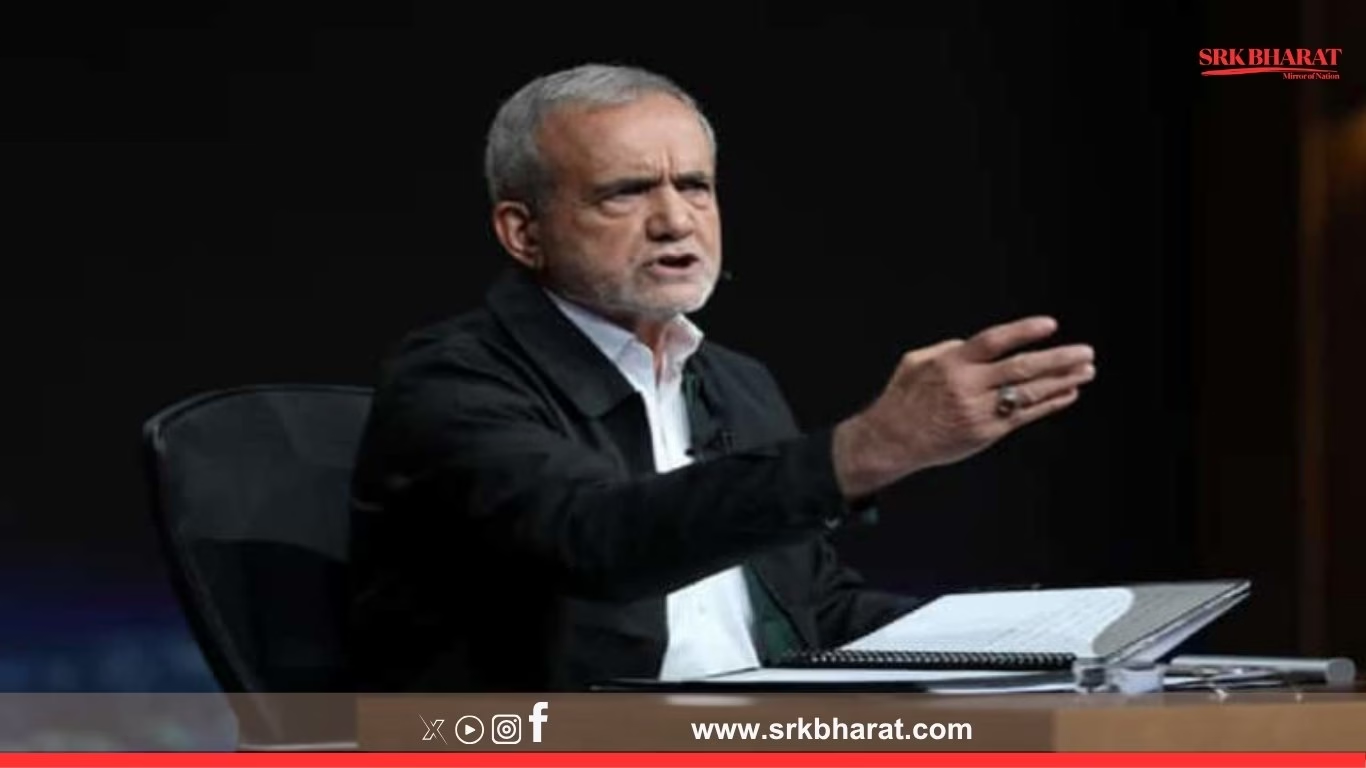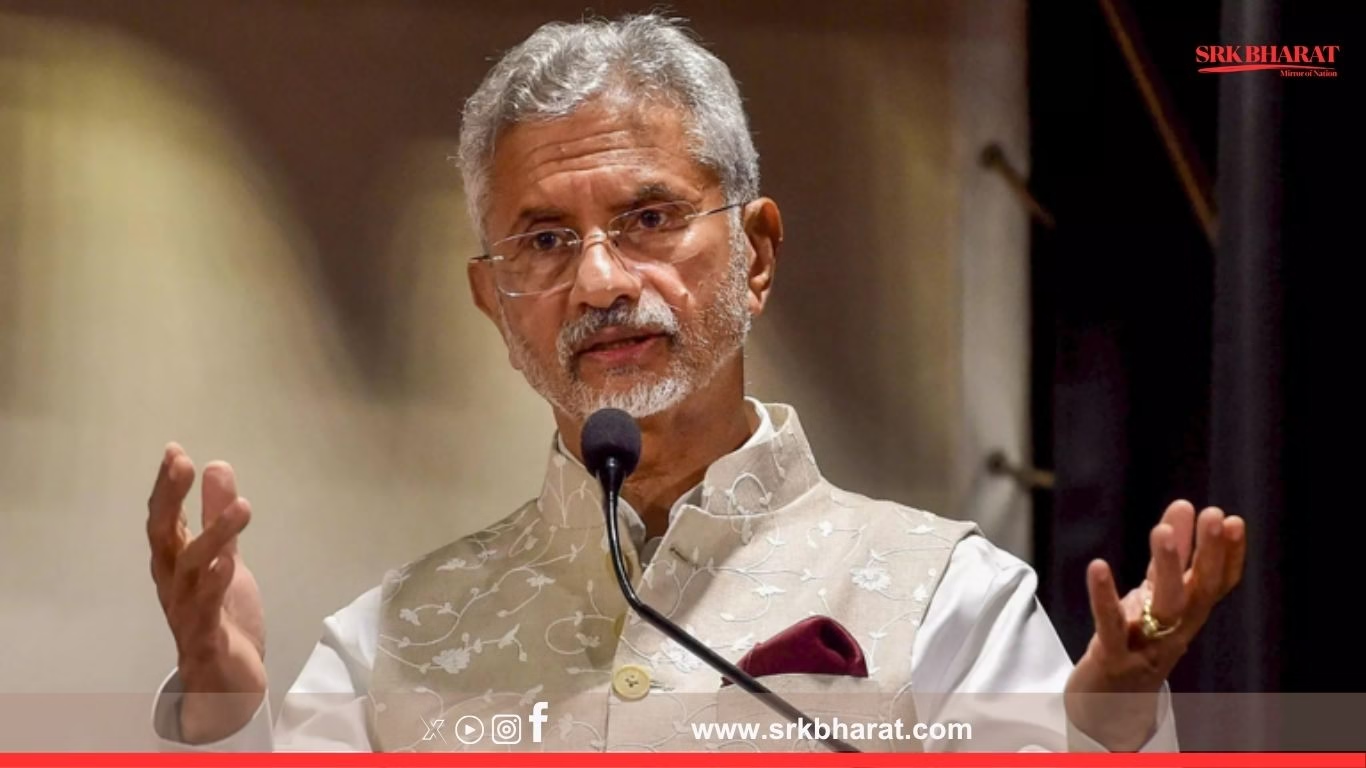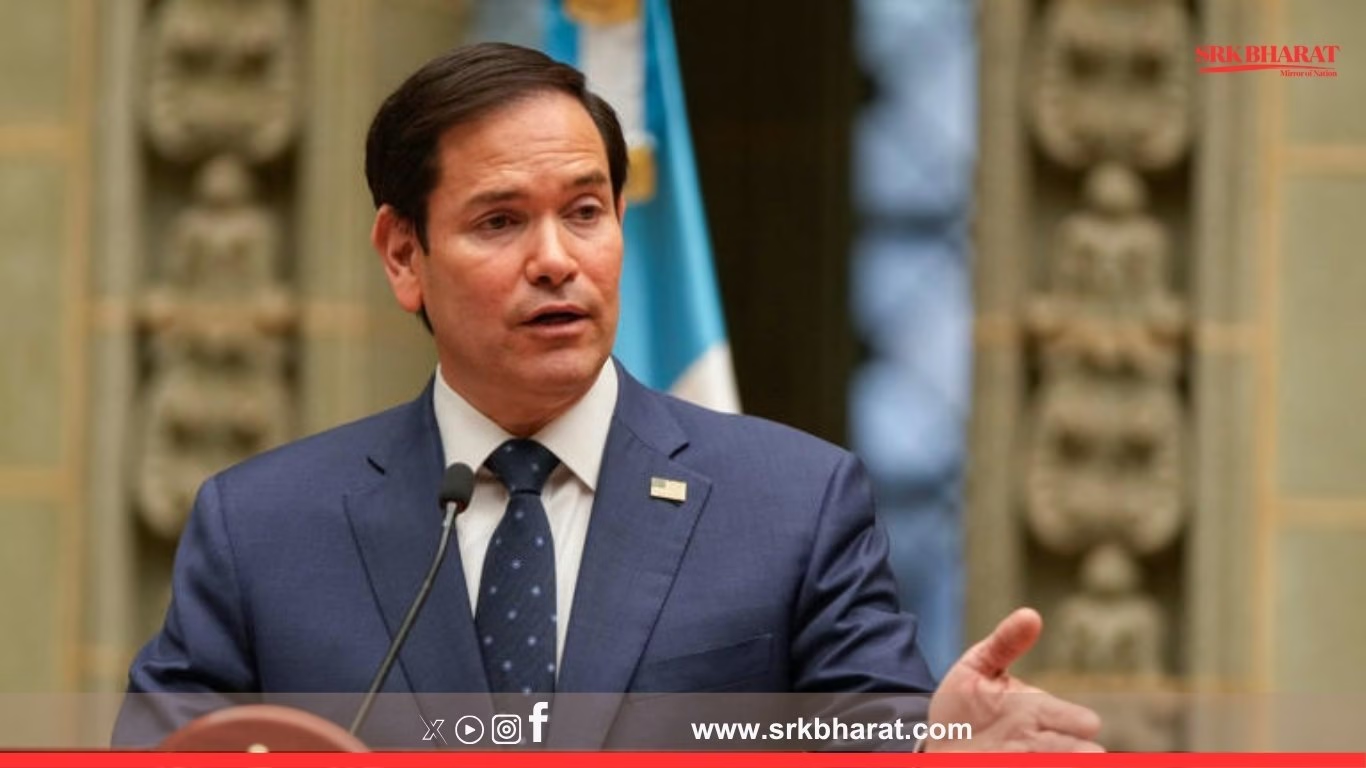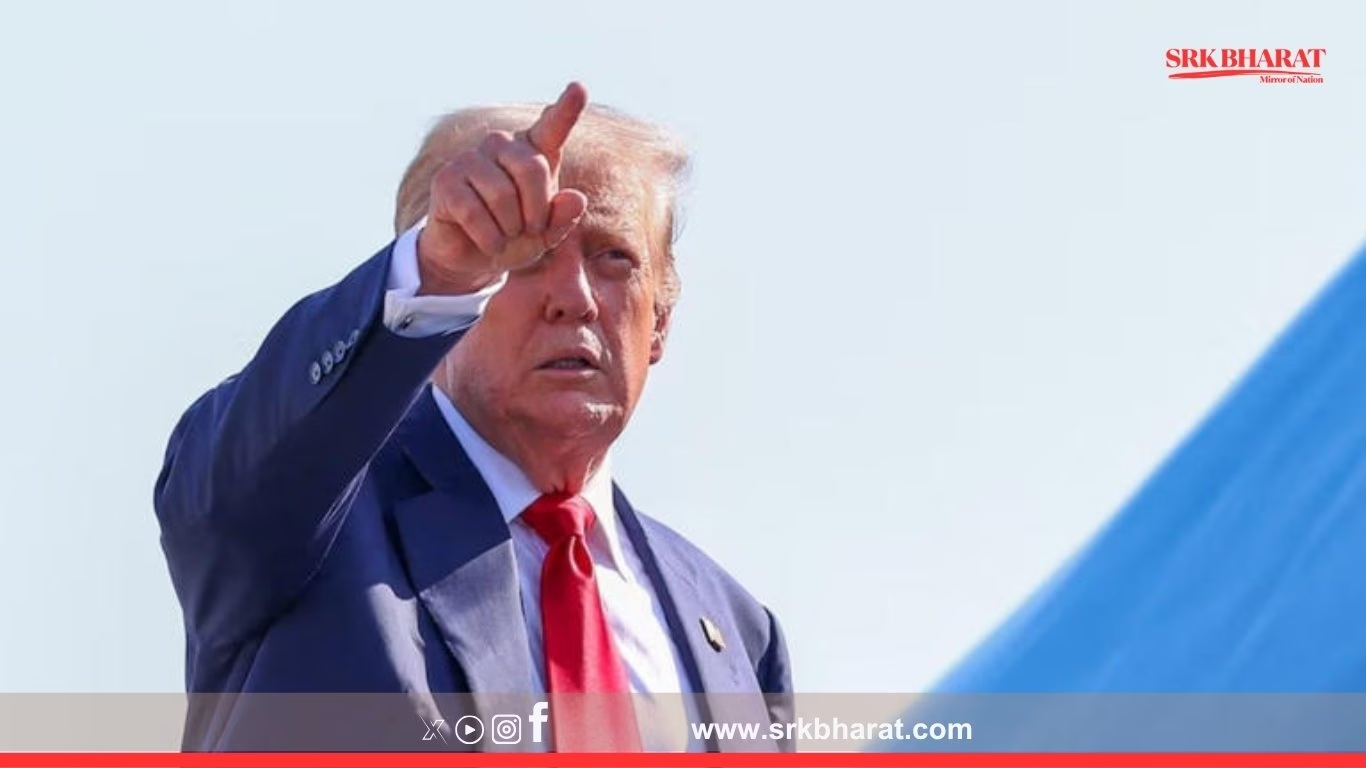Pakistan’s Prime Minister Shehbaz Sharif reaffirmed on Tuesday that the country’s nuclear programme is rooted in its fundamental policy of peaceful purposes and self-defence. Addressing a gathering of senior scientists, military officials, and policymakers in Islamabad, PM Sharif reiterated that Pakistan’s nuclear arsenal is a “deterrent, not an aggression strategy,” and highlighted that the nation remains committed to regional stability and global non-proliferation standards.
Sharif’s Emphasis On Peaceful Intent
In his address, PM Sharif stated:
“Our nuclear programme is purely for peace and to strengthen our defence. It is not meant to threaten anyone but to ensure that our national sovereignty and territorial integrity remain protected.”
He further asserted that Pakistan’s nuclear doctrine has always been guided by minimum credible deterrence, adding that any misconceptions about its policy should be dispelled in international circles.
Key Highlights From The PM’s Statement
- Peaceful Purpose: The nuclear programme serves as a guarantee for Pakistan’s national security.
- Defence-Oriented Doctrine: Minimum credible deterrence remains central to its nuclear policy.
- Regional Stability: Pakistan will continue to act responsibly to maintain strategic balance in South Asia.
- Non-Proliferation Commitment: The country supports global efforts against nuclear proliferation, despite not being a signatory to the NPT (Non-Proliferation Treaty).
Historical Context Of Pakistan’s Nuclear Programme
Pakistan’s nuclear journey began in the 1970s under Prime Minister Zulfikar Ali Bhutto following India’s first nuclear test in 1974. In 1998, Pakistan conducted its own nuclear tests in Chagai, Balochistan, in response to India’s Pokhran-II, becoming the seventh nuclear-armed state globally. These tests, codenamed Chagai-I and Chagai-II, demonstrated its technological capability and established nuclear deterrence in South Asia.
Current Strategic Framework
| Aspect | Details |
|---|---|
| Doctrine | Minimum credible deterrence |
| First Use Policy | No declared first use; maintains strategic ambiguity |
| Delivery Systems | Ballistic missiles, cruise missiles, air-launched weapons |
| Oversight | National Command Authority (NCA) chaired by PM |
| Key Agencies | Pakistan Atomic Energy Commission (PAEC), Strategic Plans Division (SPD) |
International Perceptions And Challenges
Pakistan’s nuclear policy has often faced scrutiny from Western powers, especially regarding nuclear security and non-proliferation commitments. However, PM Sharif emphasised:
“We have the most robust command and control system with strict international-level safety standards.”
This statement seeks to counter fears regarding nuclear assets falling into wrong hands, a concern often raised by think tanks and Western governments.
India-Pakistan Strategic Stability
South Asia’s strategic stability revolves around the nuclear policies of India and Pakistan. Experts argue that both nations adhere to a doctrine of deterrence, preventing large-scale conflicts despite occasional border skirmishes.
Comparative Overview: India vs Pakistan Nuclear Doctrine
| Parameter | India | Pakistan |
|---|---|---|
| Doctrine | No First Use (NFU) | Minimum credible deterrence with strategic ambiguity |
| Nuclear Tests | 1974, 1998 | 1998 |
| Delivery Systems | Land, air, sea-based (triad) | Land and air-based with ongoing developments for sea leg |
| Oversight Body | Nuclear Command Authority | National Command Authority |
Regional Analysts’ View
Defence analyst Maria Sultan said:
“PM Sharif’s reiteration comes at a time when regional tensions remain high. It sends a clear message that Pakistan’s nuclear assets are defensive in nature and not aimed at triggering an arms race.”
Another strategic affairs expert, Brigadier (Retd) Feroz Hassan Khan, noted that maintaining minimum credible deterrence remains vital as India continues to modernise its arsenal.
Global Implications
Pakistan’s stance aligns with the general approach of nuclear-armed states that view their arsenal as an insurance policy rather than a conventional war weapon. However, experts urge greater transparency and confidence-building measures between India and Pakistan to reduce risks of escalation or miscalculation.
Economic Cost vs Security Imperative
While nuclear capability provides security, it also comes with significant economic costs. Pakistan’s economy has struggled with high inflation, debt repayments, and limited foreign investment. Critics argue that heavy spending on defence and strategic programmes constrains social sector investments.
In response, PM Sharif noted:
“Defence and economic stability go hand-in-hand. Our nuclear capability gives us the security umbrella to focus on economic development without fear of external coercion.”
Recent Developments In Pakistan’s Nuclear Posture
Reports suggest that Pakistan continues to modernise its missile systems, with tests of Babur cruise missiles and Shaheen ballistic missile variants in recent years. Strategic experts believe these developments aim to ensure survivability and strengthen its deterrence capability.
Public Sentiment On Nuclear Capability
Polls indicate that the majority of Pakistanis view nuclear weapons as a matter of national pride and essential for the country’s security. The narrative has been shaped since the 1998 tests, celebrated as Youm-e-Takbeer (Day of Greatness) annually.
Future Challenges And Strategic Goals
- Avoiding Arms Race: Managing strategic stability with India while avoiding an unsustainable arms race.
- Economic Stability: Balancing defence expenditure with economic growth imperatives.
- International Recognition: Seeking acknowledgment as a responsible nuclear power for potential entry into export control regimes like NSG (Nuclear Suppliers Group).
- Technological Upgradation: Keeping pace with regional advancements in missile defence and MIRV technologies.
Final Thoughts
PM Sharif’s statement reiterates a long-held policy of Pakistan’s strategic community – nuclear weapons are meant solely to safeguard national sovereignty and maintain peace through deterrence. As regional dynamics continue to evolve, Pakistan’s nuclear policy will remain a cornerstone of its defence posture while it seeks stability and development.
Disclaimer: This news content is based on official statements, strategic analyses, and public policy documents. It is intended for informational purposes only and does not represent any national security or diplomatic stance. Readers are advised to follow government releases for authenticated strategic declarations.



